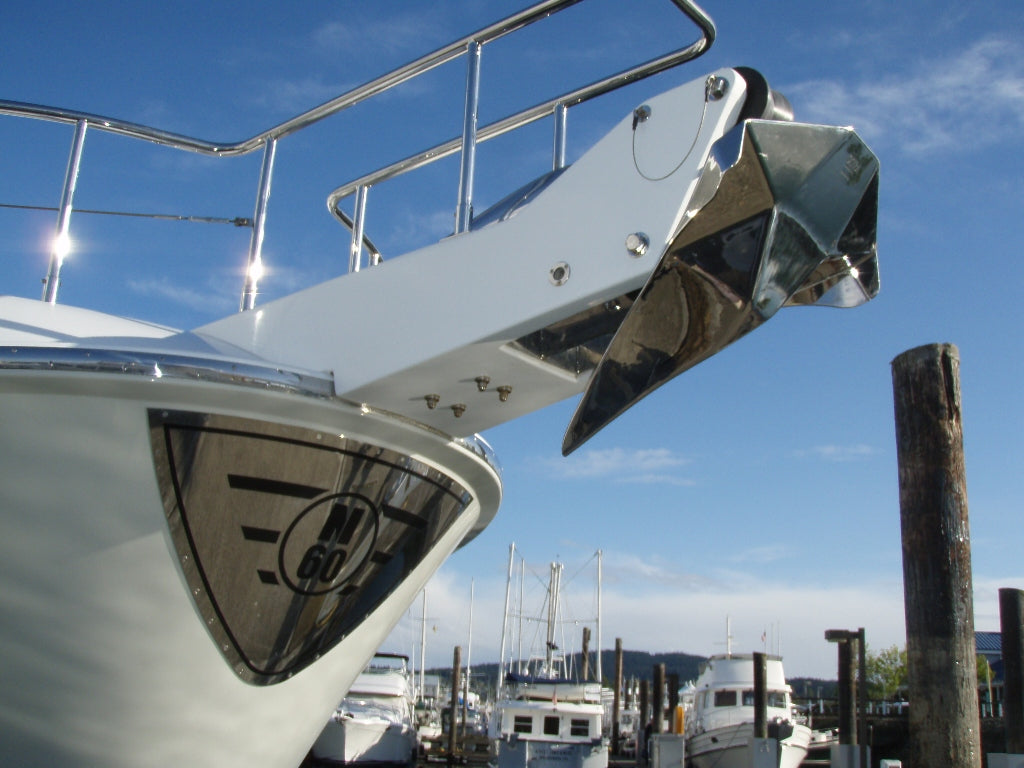
We occasionally get asked, are ULTRA Anchors really worth the price? While the cost of boats, gear, and accessories is assuredly relative, whenever we hear that question it does remind us of the old adage, if you have to ask the price...
ULTRA Anchors definitely have a reputation of being expensive. However, as this article's title (and our experience) suggests, they are not simply defined by their sparkling appearance. The design, engineering, and manufacturing behind these 316L - 318LN stainless beauties often surprises even the most snobby of anchor "experts".
If you've been contemplating a new anchor, and have wondered about the performance characteristics of the ULTRA Anchor, here's an excellent real-life anchor comparison and review from Steve and Judy of the Internationally esteemed YouTube channel "Sailing Fair Isle":
An excellent presentation. And as we live in the Pacific NW where the water is now about 45-degrees, we're jealous of the fact they can dive on their anchor in a swimsuit! You'll note in that video they also employ the ULTRA Flip Swivel, which is specifically designed to maximize the setting and retrieval of the ULTRA Anchor. We always recommend purchasing them together for top performance.
We tested an ULTRA Anchor on a charter catamaran in Tahiti a few years ago, and were summarily impressed with the anchor's performance. In particular, it securely held one blustery night where quite a few of the other boats in our anchorage dragged overnight. Granted, the boat we were on was brand new and had many luxury conveniences (a working ice maker on the fridge!), but the anchor certainly proved to be much more than the proverbial pretty face.

With any boat gear purchase, one has to weigh the cost vs benefit of new items. When it comes to the ULTRA Anchor, we can definitely attest to its beauty, functionality, and performance. Is it worth the price? If you can afford one, the answer is an unqualified YES!
You'll find the entire Ultra Marine West product line here in the Ultra Marine Collection.
Comments will be approved before showing up.

Memories are made on the water. Often it's the skipper's (Dad's) job to ensure everyone has a good time and arrives safely at the end of the day or journey. Usually the thanks Captain/Dad gets is in the form of satisfied, happy faces. Which is enough! We decided to take that one step further, however, and made a collection of 12 items that show just how much you appreciate everything he does.

As of today, Section 301 Tariffs have impacted more than 300 commonly used components, materials, and parts for recreational boats in the United States (source, National Marine Manufacturers Association). Even our little online store is beginning to see price increases and supply chain disruptions...

Darren OBrien
Author